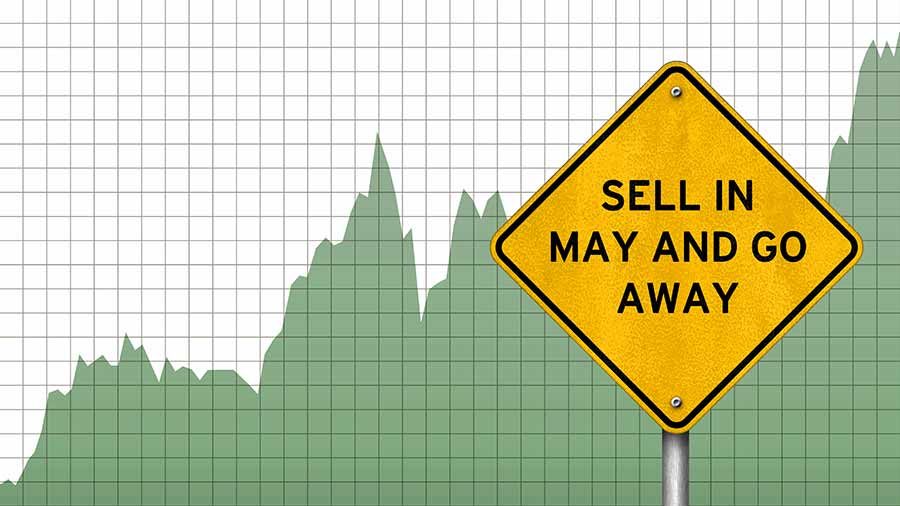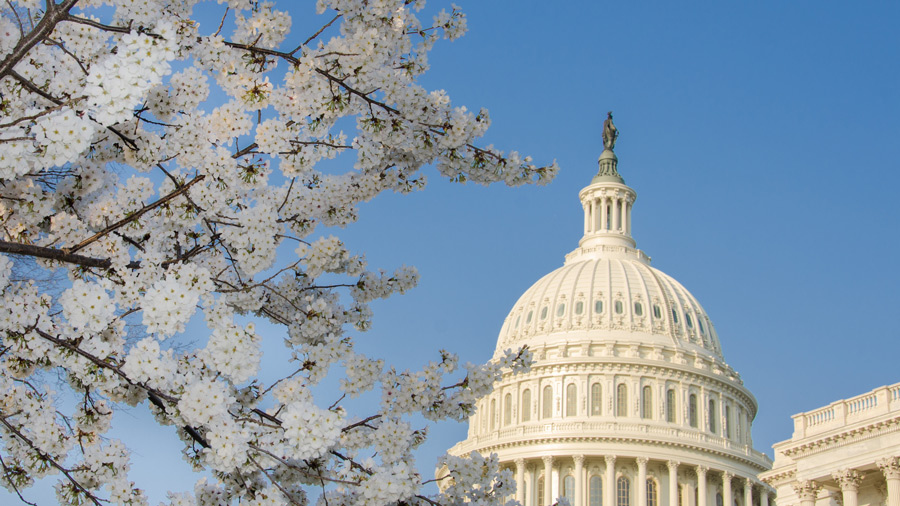Personal Wealth Management / Market Analysis
The Visible Hand in Nigeria
Nigerian gasoline subsidies stand as a poignant reminder that free markets generally allocate capital far more efficiently than governments.
On a recent trip to Nigeria last December, my brother and I had just finished lunch in Lagos when he received a call that left him flustered. He learned Nigeria’s government threat to remove the petroleum subsidy—one that had been in place for over 40 years—was gaining traction. My brother quickly instructed his office manager to gas up his business’s fleet of trucks. He also feared transportation fares and food prices would rise astronomically, and his operational costs would also rise. That could mean an overnight wage increase for his staff of 30.
At that moment, I felt he was overreacting. By my count, removal of the subsidy meant the cost to fill up a mid-sized truck—at the time was approximately 12,000 naira (roughly $76)—would shoot up to 26,000 naira (roughly $165). What government would purposely inject inflationary pressures on its economy without considering the impact it would have?
Yet, this is what happened on New Year’s Day 2012. Nigeria ended oil subsidies that had kept gasoline prices artificially low for decades. The cost of a liter of gasoline shot up from 65 naira (40 cents) to at least 141 naira (86 cents) virtually overnight. Mass protests followed. Nigerians felt President Goodluck Jonathan’s government had no regard for the hardships they would face. Like my brother, they feared this move would snowball into higher costs for goods across the board, and with so much of the nation living in real poverty (the average Nigerian lives on less than $2/day), this would cause complete economic distress in the country.Responding to the protests, the government announced a more gradual approach to eliminating the subsidy on January 16.
You may wonder why Nigeria needed subsidies at all. It’s one of the world’s biggest exporters of crude oil and Africa’s largest producer, currently pumping over 2 million barrels a day. But it doesn’t have adequate refining capacity to satisfy domestic demand for over 140 million citizens. Instead, Nigeria imports roughly 70% of its gasoline. Decades of mismanagement (by government-owned National Oil Company) and corruption (by successive administrations and the politically connected) has left its four refineries to continuous decay. The government has attempted to shield citizens from its gross mismanagement and policy errors with the subsidy—which kept gasoline artificially cheap.
As often happens when the government interferes, the subsidy’s beneficiaries weren’t the citizens it intended to help but, instead, the fuel importers. Over the years they’ve cleverly gamed the system. Here’s how: Essentially, Nigeria’s government paid importers to purchase refined petroleum products in international markets at prevailing prices. Then, the government in turn sold those products at, effectively, half price to Nigerian citizens. This “benevolent” act by the government was intended to make gas (and other petroleum products) cheap to make its citizens feel they were participating in the resource wealth of the country. However, importers had no incentive to adequately meet Nigerian demand. Why? Thanks to the government handout, they could buy petroleum products cheap and sell to neighboring countries at market prices where unsubsidized fuel cost three times more. Hence, importers created scarcity in Nigeria but still made out handsomely.
It seems now Nigerians finally woke up en masse to the very visible hand of the government at work. The many decades of lack of adequate petroleum products, accountability of oil proceeds, inconsistent power supply and sheer distrust of the government have resulted in the unrest we are witnessing today. The government has claimed ending the subsidy will close the importers’ loophole and begin adding roughly $8 billion to government coffers annually. Further, the government has earmarked the funds towards an infrastructure build out. The citizens, however, have little faith in the government’s plan—and with good reason.
Still, it seems clear government subsidies must end. I can find no evidence of a modern government ever that has proven to know how to allocate capital more efficiently than a properly working free market. But sudden removal of the subsidy will also lead to huge dislocations and more unrest. Rather, gradual removal of the subsidy (as recently agreed upon) should serve several purposes. First, it gives markets time to adjust and should prevent major, sudden dislocations. Second, it should reduce profiteering by fuel importers and reduce their hold on the economy. Third, it should give private enterprise time to enter the market and participate in growth of the industry. All positive drivers for economic growth, if executed properly. If. We shall see.
Having lived in the United States for over two decades, the very American idea of a future that is likely better than today has definitely grown on me. So I hope Nigeria’s government can seize this opportunity to set the country on a new course—one that will allow for competition and private enterprise to flourish. Hopefully, the government’s signal of reform will usher new investment opportunities for foreign and domestic companies and allow Nigeria to benefit from the Emerging Market growth story that is currently shaping other parts of the world. Let’s have more of the invisible hand at work, rather than the visible.
If you would like to contact the editors responsible for this article, please message MarketMinder directly.
*The content contained in this article represents only the opinions and viewpoints of the Fisher Investments editorial staff.
Get a weekly roundup of our market insights.
Sign up for our weekly e-mail newsletter.

See Our Investment Guides
The world of investing can seem like a giant maze. Fisher Investments has developed several informational and educational guides tackling a variety of investing topics.








